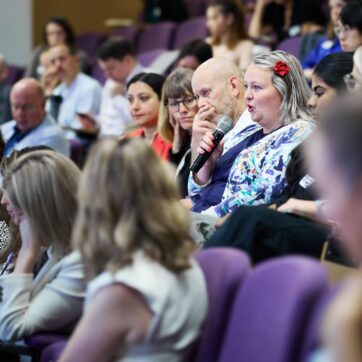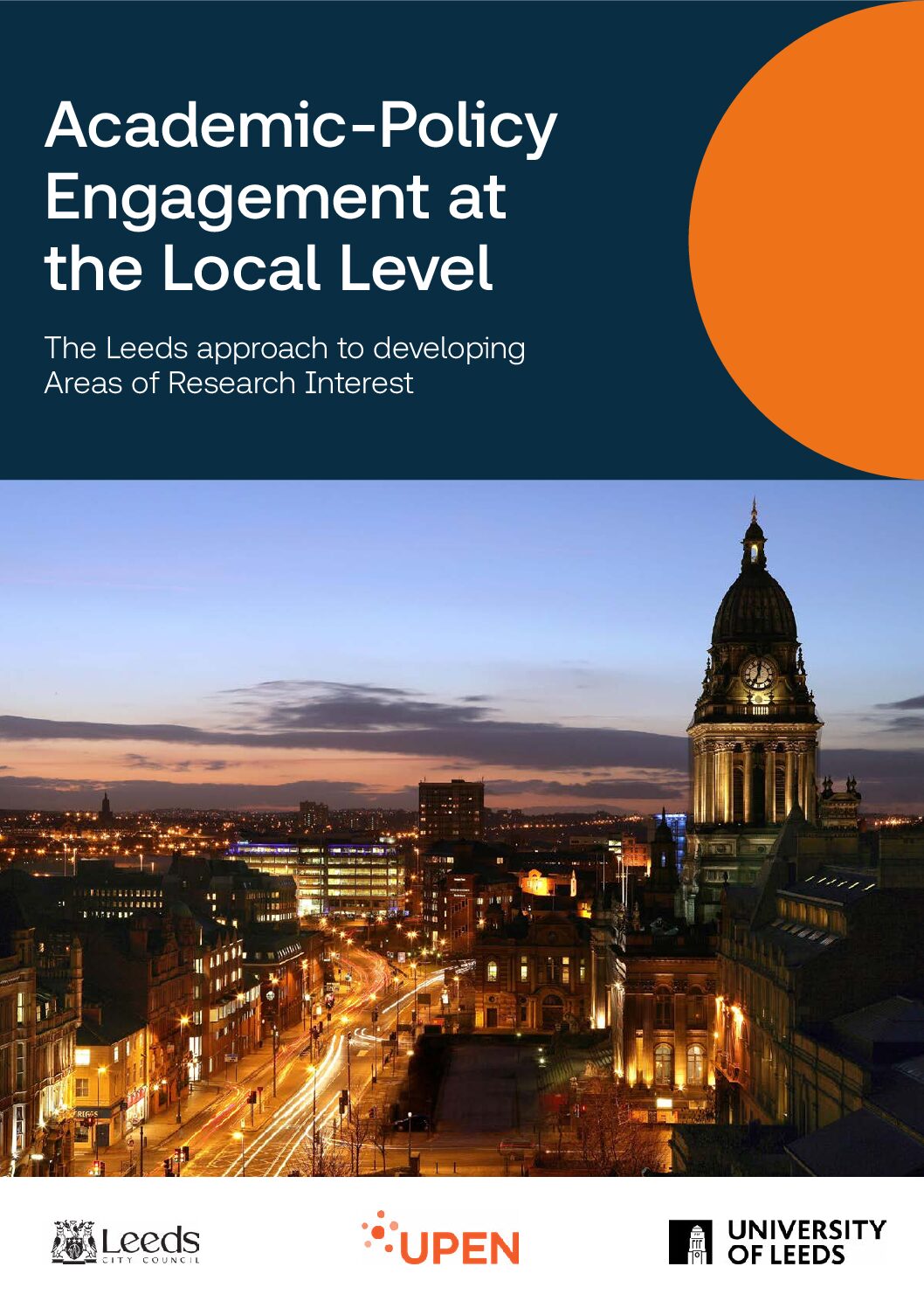Academic-policy engagement and the future of devolution: a living collection of devolved and regional initiatives, & discussion of opportunities, challenges and next steps.
In July 2024, the UPEN Devolved and Regional Sub-Committee delivered a conference hosted by Leeds Beckett University. Panellists for Session one of this conference provided short summaries & learnings of their devolved or regional academic policy engagement initiative. We hope to provide a sense of where we – universities, funders, place-based and devolved authorities – can go next.
We are pleased to publish one resource and one report on devolved and place-based academic-policy engagement. These would interest any academic, knowledge broker, funder or policy actor working within this space.
The July 2024 conference and these reports provided an important opportunity to collate and reflect on key learnings from across the UK’s devolved academic policy engagement ecosystem through the UPEN Devolved and Regional Subcommittee. By taking a snapshot of the current devolved and place-based policy engagement landscape, it seeks to encourage UPEN members, higher education funders and devolved policymakers to take forward discussions about how universities can best support joined-up, multi-level policymaking and enhanced devolution across the UK.
The seven devolved national and regional initiatives represent an agile evolving academic devolved policy engagement landscape that is responsive and adaptive to changes in political and policy priorities across the UK. This is important as it speaks to the need to recognise that a ‘one size fits all’ approach to devolution and devolved academic policy engagement is unlikely to emerge. It also demonstrates the ongoing need for universities to connect and collaborate across the nations and regions of the UK as national and regional policymaking institutions evolve and mature to identify common challenges that require UK-wide attention.
Whilst these initiatives are at varying stages of their journeys – some having only just recently been set up, and others who have been established for over a decade – there is a need to continue to learn from the experience of these models (and others) against their key outcomes over a longer period. This will help us – funders, universities, policy and the wider public – understand the value of these different approaches and will help us to capture the long-term impacts of such regional and devolved infrastructure which supports collaboration between university researchers and local policy makers.


